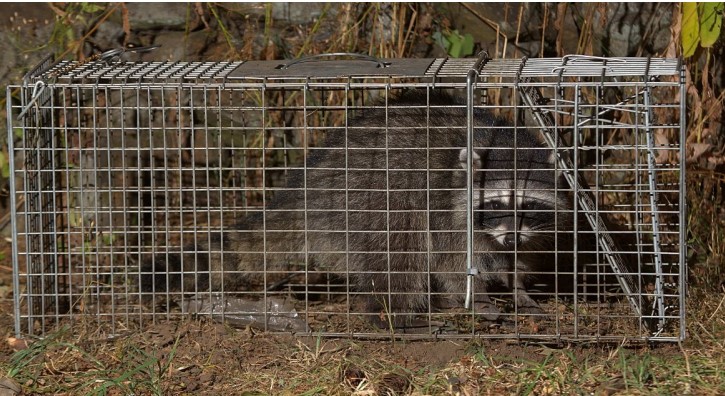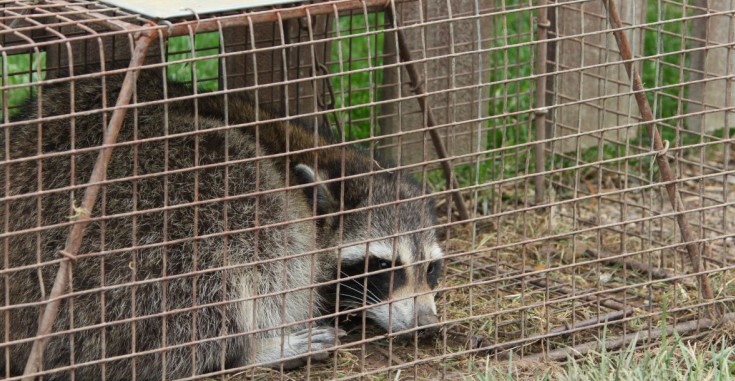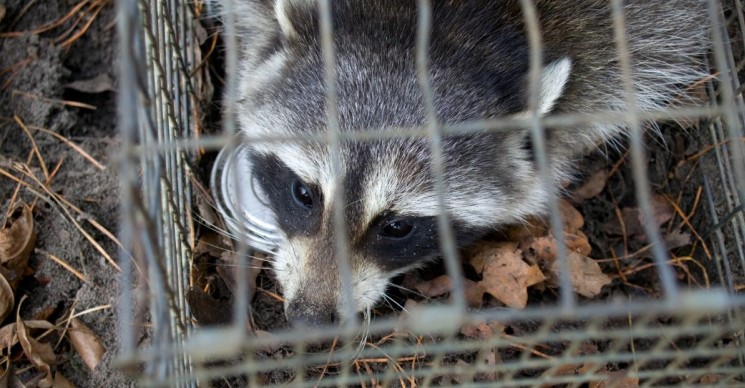How to Protect Your Home and Wildlife in Dallas: Essential Strategies for Safety and Conservation

Protecting your home and wildlife in Dallas requires a proactive approach that benefits your property and the local ecosystem. The interaction between urban life and nature becomes critical with growth and development in many areas. By implementing effective strategies, you can create a harmonious balance that safeguards your living space while supporting the diverse wildlife that calls Dallas home.
Start by assessing your yard and garden. Native plants enhance the beauty of your landscape and provide essential habitats for local birds, pollinators, and other wildlife. Consider using natural deterrents to keep unwanted animals away from your household while not harming the creatures that contribute positively to your environment.
Additionally, be mindful of how you dispose of waste and interact with wildlife. Secure trash bins, compost responsibly, and avoid feeding wild animals, as this can disrupt their natural behaviors. Taking these steps protects your home from pests and ensures that you contribute to preserving Dallas’s wildlife.
Understanding Raccoon Behavior in Dallas

Raccoons are common in urban areas like Dallas, and understanding their behavior is crucial for effective management. Recognizing signs of raccoon activity can help you take appropriate measures to control any potential infestations.
Identifying Signs of Raccoon Infestation
New or increased raccoon activity can often be detected through various signs. Look for:
Tracks: Raccoons have distinctive, hand-like tracks. Measuring about 2 to 4 inches long, they often leave imprints near gardens or trash cans.
Droppings: Raccoon feces are typically cylindrical and can be found around dens or foraging areas. They may contain remnants of food, like seeds or nuts.
Damaged Property: If you notice ripped trash bags or disturbed flower beds, it may indicate raccoon intrusions.
Establishing whether you have a raccoon infestation can protect other wildlife and reduce potential damage to your property. For severe infestations, seeking professional raccoon control in Dallas may be necessary.
Risks and Benefits of Raccoons to Local Wildlife
Raccoons can pose various risks to local wildlife but contribute positively in certain contexts.
Risks include:
Predation: Raccoons occasionally prey on smaller animals, including birds and their eggs. This predatory behavior can significantly impact local bird populations.
Disease Spread: Raccoons can carry diseases such as rabies and raccoon roundworm. These can affect other wildlife and pets.
Benefits include:
Clean-up Role: Raccoons help clean up waste by consuming carrion and leftovers, contributing to the local ecosystem.
Biodiversity: They contribute to biodiversity by interacting with various plant and animal species in their environment.
Balancing these factors is essential when considering protecting your home and the local wildlife in Dallas.
Proactive and Humane Home Protection Strategies
Implementing proactive measures can significantly reduce wildlife intrusions into your home. By focusing on securing entry points and utilizing humane removal techniques, you can effectively protect your residence and local wildlife.
Securing Entry Points and Preventing Access
Secure all entry points to keep raccoons and other wildlife out of your home. Inspect windows, doors, and vents for gaps or weaknesses. Consider adding heavy-duty screens and weather stripping to eliminate small openings.
Key areas to secure include:
Attics: Ensure vents are covered tightly.
Basements: Seal cracks in walls and foundations.
Garages: Keep doors closed and install door sweeps.
Utilizing motion-sensor lights and security cameras around your property can deter wildlife. Regularly check your yard for unsecured food sources, such as pet food or garbage bins. Use raccoon-proof trash cans to prevent scavenging.
Humane Raccoon Removal Solutions
If raccoons have already entered your space, humane removal methods are essential. Consider hiring professional raccoon removal experts in Dallas who can safely relocate these animals without harm.
The cost of raccoon removal may vary, but many services offer free estimates. Look for local emergency raccoon removal options if you encounter an urgent situation.
Professionals may use traps designed for humane capture, allowing safe relocation to a suitable environment. Ensure removal efforts comply with local wildlife regulations to promote a respectful coexistence with these animals. Your proactive approach and care for humane solutions can make a significant difference.
Read also: What Are the Best Public Golf Courses Ranked?
Evaluating Dallas Raccoon Removal Services

Choosing a reliable removal service is crucial when dealing with raccoons in Dallas. Here are factors to consider:
Experience: Look for companies with a solid track record in wildlife removal. Experienced services understand raccoon behavior and effective removal techniques.
Humane Methods: Ensure that the service prioritizes humane removal. This protects both wildlife and your home.
Licensing and Insurance: Verify that the company is licensed and insured. This protects you from liability in case of accidents.
Customer Reviews: Check online reviews. Positive feedback often indicates quality service. Look for consistent praise regarding timely responses and effective solutions.
Consider the following table for additional criteria:
| Criteria | Importance |
| Cost | Compare pricing for value |
| Warranty or Guarantee | Confirms quality of service |
| Follow-Up Services | Ensures prevention of future issues |
By researching these factors, you can make an informed choice.
For professional help, consider contacting Critter Stop at (214) 234-2616. They have a fantastic reputation and online customer reviews because they provide high-quality work and excellent customer service. A free inspection can help you address any wildlife concerns humanely.




